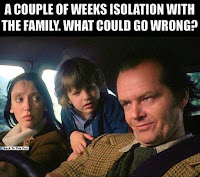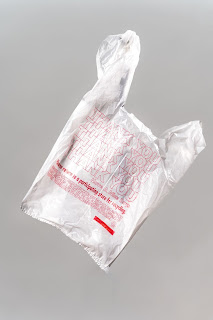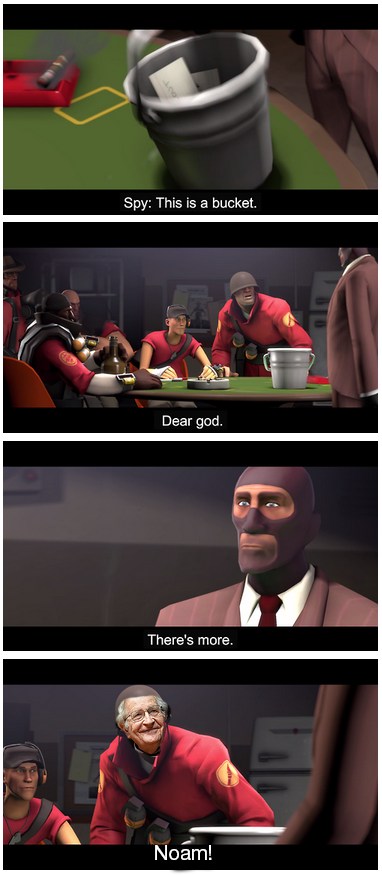I Want to Talk About the "You're an Idiot" Part

Does anybody else remember Field Day? It was that one day in elementary and possibly middle school where all students got a shirt, a different color for each grade, and participated in sport competitions. There were races, balloon tossing, hula hoop contests, tug of war, sack races, and so much more. It was my favorite day out of the whole year. I would bring an extra pack of markers so people would sign my shirt. Why did we do that? I was cleaning my attic over break and found so many shirts from my K-12 career that had scribbled signatures and weird drawings all over them. I still don't understand why we got these fresh shirts and wanted to ruin them with marker that would fade but never come out. There were also ribbons given out for first place, second place, third place, and participation. The one thing that everyone could agree on during Field Day was that their grade was the best and everyone else was the enemy, someone trying to steal your first place ribbon. It did not m





